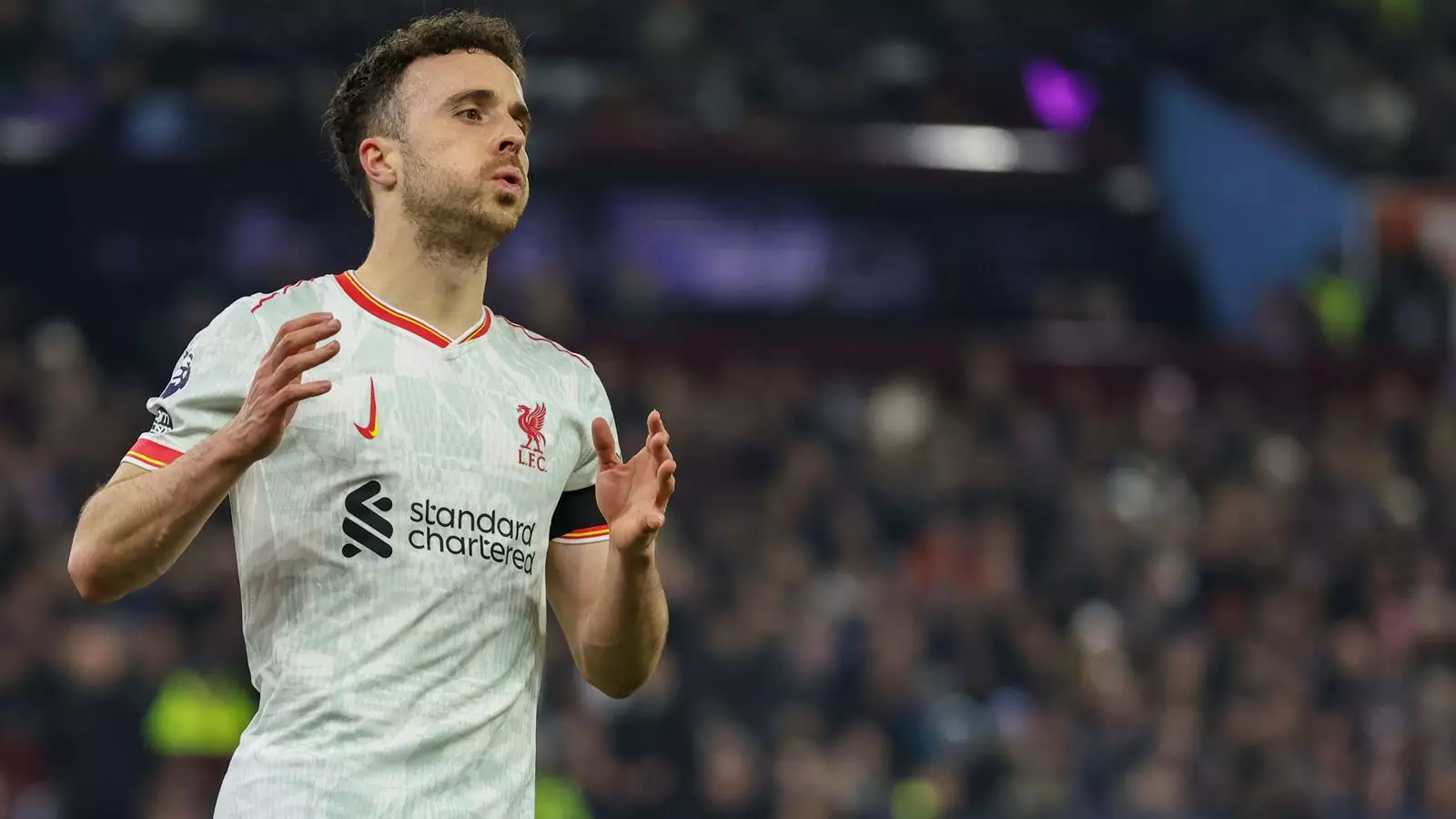In our society, the narrative of athletic excellence often elevates players like Diogo Jota to near-mythical status, creating an illusion that their lives are immune to the cruel randomness of fate. We celebrate their achievements, their talents, and their cultural influence, often forgetting that beneath the facades of fame, they remain vulnerable humans. Jota’s tragic death in a car crash starkly reminds us that no matter how talented or celebrated someone is, life’s precariousness can strike indiscriminately. His story challenges the romanticism surrounding sports stars, revealing that their lives can be just as fragile—if not more so—than anyone else’s. Such tragedies force us to confront the uncomfortable reality that fame does not confer immunity from harm.
The Hidden Cost of Public Adoration
The media’s relentless focus on the glitz and glamour often obscures the personal sacrifices and emotional toll faced by professional athletes. Jota’s recent marriage, his role as a father, and his vibrant personality culturally contrast with the tragedy that abruptly cut his life short. Society’s obsession with celebrity narratives tends to paint these individuals as larger-than-life figures, neglecting the human behind the achievements. The outpouring of grief from clubs, national federations, and peers is genuine, but it also exposes how society often places extraordinary expectations on athletes and then mourns their loss as if they were angels fallen from grace. This inconsistency reveals a deeper societal flaw: our collective inability to reconcile our admiration with the reality of human mortality.
Systemic Neglect of Road Safety and Personal Responsibility
The accident itself — a tire burst while overtaking that led to a fatal fire — opens a broader conversation about road safety, personal responsibility, and systemic neglect. While the Guardia Civil’s investigation may still be ongoing, it underscores how small lapses or mechanical failures can have catastrophic consequences. It also highlights the importance of stringent safety measures, regular vehicle maintenance, and responsible driving. The tragedy of Jota and his brother isn’t solely about individual misfortune but also a reflection of societal shortcomings in ensuring road safety. The romance of high-speed luxury vehicles often clouds our judgment about the real risks involved, especially when compounded by the pressure of a hectic lifestyle. It calls into question whether society places enough emphasis on preventing such avoidable tragedies.
The Cultural Myth of the Hero and the Fragility of Legacy
Jota’s death not only leaves a void in the footballing world but also upends the cultural myth of the invincible hero. His contributions on the pitch, his dedication to his family, and his vibrant personality made him a beloved figure, but these qualities underscore the fleeting nature of human achievement. The loss reminds us that legacy is built on more than just talent; it is also vulnerable to the unpredictable, often harsh realities of life. Celebrating Jota’s life is important, yet it should serve as a reminder that societal values must extend beyond admiration for performance—embracing compassion and humility for those who momentarily shine brightest. Recognizing the fragility of mortality is essential in building a more empathetic society where human lives are valued beyond their public personas.
Our Responsibility to Humanize Sports Icons
In the face of this tragedy, a critical reflection is needed on how society venerates athletes. Too often, we treat sports figures as larger than life, divorcing their personal struggles from the adulation they receive. It’s essential that fans, media, and institutions remember their humanity—acknowledging that behind every successful athlete is a person with vulnerabilities and personal challenges. The death of Jota and his brother underscores the importance of fostering a culture of genuine care and respect—not just during moments of celebration but also in mourning and remembrance. As fans and spectators, we should be advocating for safety, mental well-being, and a more holistic understanding of athletes’ lives. Their stories should inspire, but also remind us of the common mortality that unites us all.


Leave a Reply